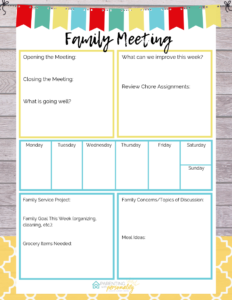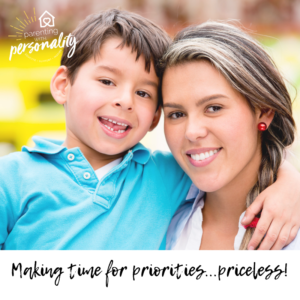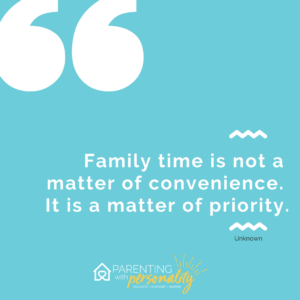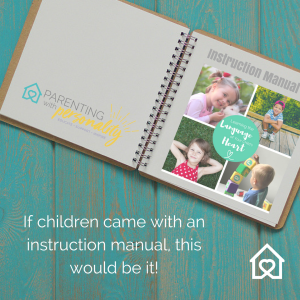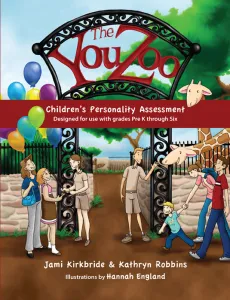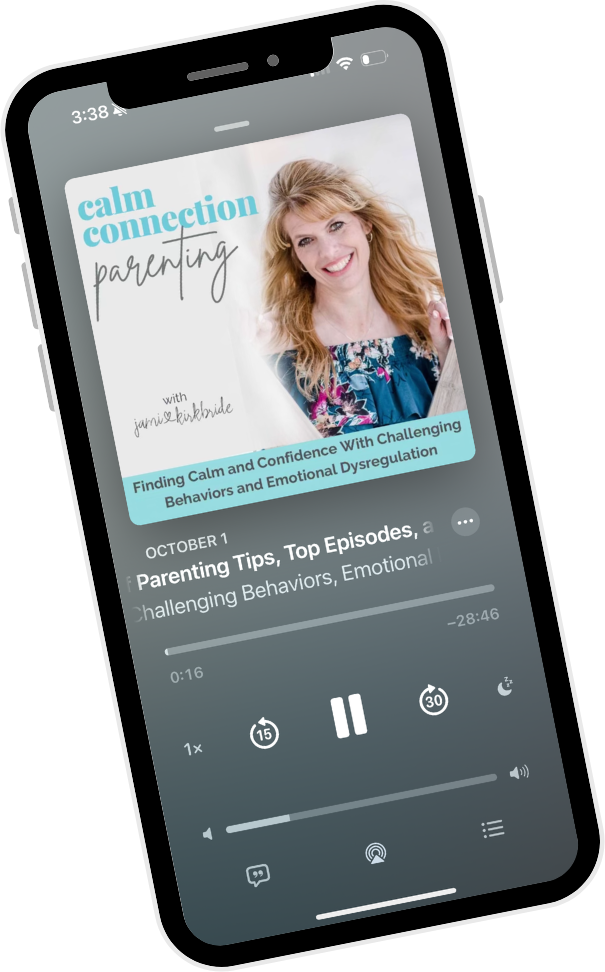So Many Things to Do
Many demands are put on families these days. Amidst the numerous activities, commitments, and obligations, families still desire to connect and interact in meaningful ways. We can end up feeling like ships passing in the night unless we make purposeful decisions about what we do, where we go, and what we commit to. So how do we find time to connect, share in things together, and understand the needs of our family with the level of activity and commitment that is so common. We have found a simple way to do just that. And I’d like to share that with you today. Let’s chat about Family Meetings!
Family meetings have become a great tool for our family. We manage the schedule of eight people in our home and have to have some sense of organization or things would fall apart! Now I have to admit, that my husband is the detail guy. He knows what’s going on, keeps a careful calendar, and is up to speed on any given day. That is just his personality. He likes the details and has a great sense of control.
Overwhelmed? I understand!
I, on the other hand, find calendars and planners a great frustration. If I open his calendar, I immediately feel ill. I question if I will be able to carry out all the commitments and activities and feel overwhelmed. Now, I don’t necessarily like this about myself. I mean I can totally see why calendars are a great idea, but maybe on a week to week basis, they just feel more reasonable or realistic?! I typically operate with the idea that “It will all work it. Everything will be ok.” But I have also had to call him before and ask, “Now who am I picking up and where?!” I don’t retain the information as well as he does, and especially if we don’t make the time to discuss the plan.
Obviously, with seven kids (six still living at home), we have a lot to keep track of. There have been seasons of life where we have juggled six kids in five different schools in four different towns! With PTA groups, extracurricular activities, school organizations, sports (at four different levels), classroom parties, church activities, community activities, and more…we have to find our limits and know where to say yes and where we need to cut back, commit at a lower level, or say no. And while saying no or cutting back can be hard or uncomfortable, it is helpful when we can all be on the same page and understand our commitments and available time.
Here’s A Simple Strategy
Family meetings help us all get on the same page. Taking this time to meet helps us understand week to week what we need to do, want to do, or might not be able to do. These are also a simple strategy to help us find time to be together and then use that time for things that have priority. Honestly, it has helped us be more purposeful with our time.
I’d like to offer some of the simplest tips to help you make the best family meetings! I know that they can become valuable to you and your family as you look to make the most of your time together and invest in things that are important and valuable to your family as well. You might find one of these templates for a family meeting agenda helpful. Go to this link to register to download your copy of the simple form or decorated form. (Registering will also give you access to numerous other free downloads in the resource library, so don’t miss out!) This template will be useful as you introduce your family to the fun idea of family meetings and experience the benefits as well.
Designate a specified time to meet.
We have designated Sunday evenings at 5:30 as our time to meet. (We occasionally must move the time up or back just a few minutes during the football season!) Do your best to find a routine time on a weekly basis that works well for you and your family. The more consistent you can be, the more beneficial the family meeting can be to your family.
Declare a time limit.
When everyone knows what to expect, it will be easier to keep the cooperation factor in place. Attention spans can fade quickly. So, choose your time and try to do your best to stick with the plan. We find that 20 minutes is a good time to shoot for. Much longer, and the kids get restless or uninterested, much shorter, and we don’t get all the details covered.
Develop a way to include all ages and get buy-in.
Everyone will participate if they can help or play a role. Make sure that everyone is given a chance to be a part of the process, rather than sitting and watching it happen. One such way we have done this is to have a person assigned to open and close. We alternate people each time, starting with the youngest and moving to the oldest. Then we start over. In this way, each person feels the importance of helping run the meeting. We help our four-year-old when it is his turn, as he can’t quite do that on his own yet. We have worked to figure out ways to incorporate everyone from age 3-parents! You can do it too!
Dedicate some time to note what is working well for your family.
I remember having family meetings as a child. They weren’t exactly what we looked forward to. We didn’t have them routinely, it seems like we only had them when there was a problem. So, I kind of dreaded them. It seemed like it was an official way of dealing with bad news or getting in trouble. I have found it valuable to take special time to note what you see people doing well (ex. Sharing well with others, keeping their room clean, getting chores done with a good attitude, special accomplishments, etc.). Then we spend just a brief moment mentioning what we might work on in the coming week. We don’t spend much time there but move into other points of discussion quickly. While this is helpful and useful to redirect, we don’t want it to be the focus of the meeting. And we want to keep the tone of the meeting positive and uplifting.
Devise a clear weekly plan.
We do a quick review if there are weekly chore changes, so we know who has what areas or jobs. Then, we go day by day and talk about any special activities, needs, or commitments for each day of that week. This gives us a chance to work out transportation, necessary items for a class party, snacks that need to be provided, or any kind of time constraints. This also serves as a good reminder to others about what other people have going on in their life (giving a special speech for a club, trying out for something important, being tested, or anything that others can offer care or prayer for!). We also find it helpful as a way of communicating how and when we might divide and conquer, say one parent take one child one direction while the other takes care of another’s needs. It is a great way for everyone to get a snapshot into the coming week and all it holds.
Discuss family matters or concerns openly.
Take time to hear any concerns that your family may have. This is a great time for kids to share things that they might like you to consider. We have a little box that people can put their concerns or topics for discussion in. Some of our recent topics included changing a child’s nickname to something they liked better, asking if the cat could become an inside cat, voting to change a child’s “one thing” (the one food item they don’t have to taste or eat and can say they don’t like—we had to find a way to minimize this with seven kids, or there were constant complaints and pickiness) and deciding on vacation destinations. Keep discussions brief to honor time limit, and table any discussions that get too emotional to solve on the spot. But don’t forget to come back to that issue in a future meeting, so kids learn the value of working through things, even when they are tough.
Decide some specific areas that kids can have some input and influence.
We have found a couple of areas that this works really well in. Asking the kids for ideas for the week’s meal planning is one such area. In this way, they feel like they have some appropriate control and choices. When they bring up ideas, and then actually see the meal on the table, it is a great way to show them that they have some influence on what happens. It is helpful to remind them that these are suggestions, and you can’t promise, but that their ideas are always helpful. We also take time to ask about anything they may need us to get at the store. Sometimes the older kids mention deodorant or face wash, and the younger kids may remind us of snacks for their classrooms or maybe something they need like band-aids or bath soap. We try to use this opportunity to show our kids that we are responsive to respectful asking and reinforce the correct way to get what they need, as well as learning to be responsible and noticing when things are needed.
Define a service activity for the week.
[bctt tweet=”Amidst the busy schedules, it is worthwhile to teach kids that we are never too busy to serve others or bless their lives in some way.” username=”personalitymom”]We like to find little ways that we can brighten the day for someone we know and care about. Our family might write a letter to a past teacher, bake some cookies for a neighbor, do a task for someone in need, or invite someone for a meal. These are just a few ideas. It doesn’t have to be big and complicated. It might even be as simple as a phone call to encourage or show you care. You might do something bigger, such as share a gift of money or time. The point is to be purposeful in what you do. Our kids have truly enjoyed this, and I personally, always enjoy hearing the people they think of.
Design some time for fun!
[bctt tweet=”No family meeting is complete without some purposeful fun!” username=”personalitymom”]Whether you start your meeting or end your meeting with fun is your choice, but in my opinion, this is something that is very important. The fun activity doesn’t have to be complicated. We have done things as simple as jumping contests, relay races, games, and silly little competitions, such as human wheelbarrow races (what kid doesn’t like to see mom and dad do that?), stuffing marshmallows in mouths (who imagined Mom would win that?!), and various other fun things that require little or no planning! Why does this matter? Because it gives us the chance to let down, laugh together, and make fun memories!
Do meetings consistently!
Make these meetings something your kids can plan on and anticipate. Listen to some of their suggestions for fun activities or topics and make it a family affair. In the busyness of activities and full schedules, it is helpful to know that your family will meet up, share some important details of life, and make some fun memories in the process.
Give it a try
I hope these simple ideas give you some things to try as you fashion a family meeting that meets the needs of your family. Don’t forget to get a download of our family meeting agenda.
We are only given so many hours in a week. What if we were to be more deliberate in how we use those hours? Choosing what we spend our time on, also gives us a prime opportunity to make the most of the time we share as a family. How can you better use the time your family has together? Are you creating an atmosphere in your family that your kids will long to share with you?
If you haven’t ever tried using family meetings, I encourage you to give it a shot! Let me know what you think by commenting below, sending me an email, or messaging me on Facebook and please tell me the things you find to be most effective with your family. Have fun together!
Let’s do this!


